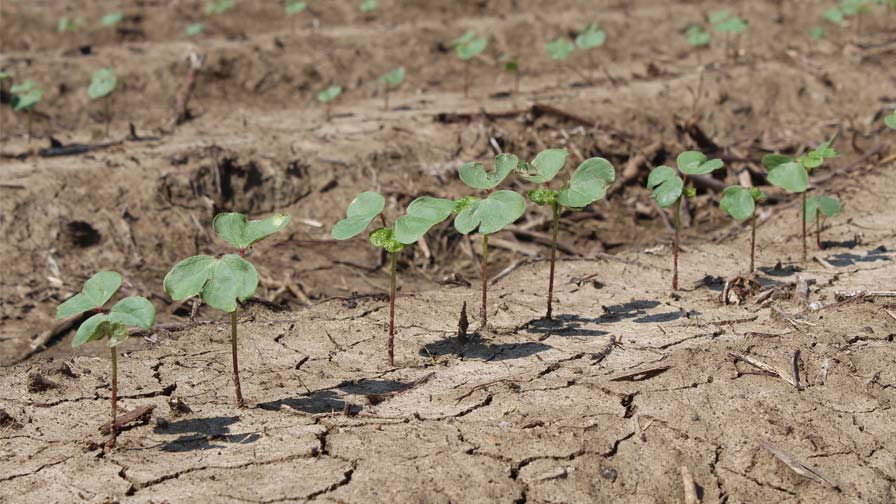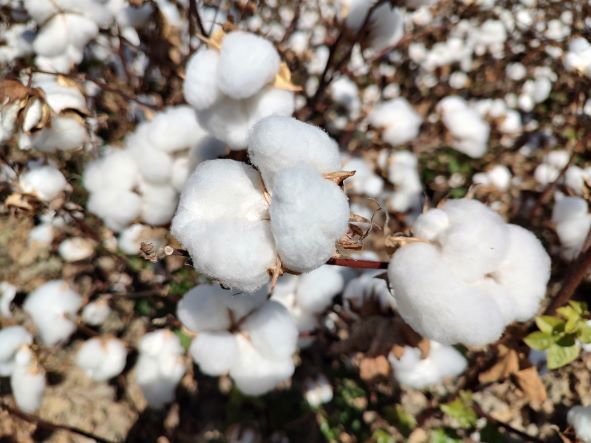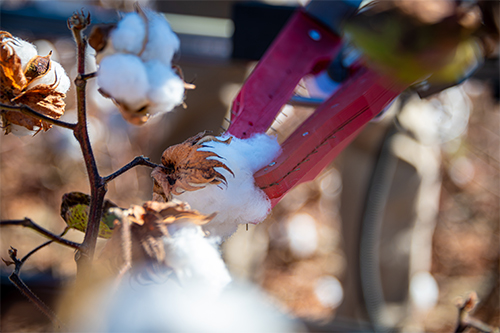U.S. Rains May Keep Cotton Prices Up
September 21, 2009
Shruti Date Singh
Bloomberg
LINK: http://www.bloomberg.com/apps/news?pid=newsarchive&sid=adIEm0zFYmq8
Cotton prices “may remain stronger” as rain in the Mississippi River Delta region threatens to reduce the size and quality of the U.S. crop, according to economist Dennis Gartman.
“There has been far too much rain in the Mississippi Delta, doing very real damage to the cotton crop,” Gartman, the editor of the Suffolk, Virginia-based Gartman Letter, said today in his daily report. “Rain at this time of the year is perhaps the worst weather that a cotton farm can suffer. Dry weather is what is wanted.”
Bolls, pods inside which cotton grows, are set on nearly the entire Delta crop, according to the U.S. Department of Agriculture. As bolls ripen, the fiber expands under the warmth of the sun, eventually splitting the boll apart and revealing fluffy white cotton. Defoliation of the plants to prepare the cotton for harvest is nearing, Gartman said. The U.S. cotton crop is usually planted by June and harvested through November.
Cotton gained 32 percent this year before today, rising for 12 straight sessions, as U.S. farmers planted less of the fiber to grow more corn, soybeans and wheat, and as U.S. stockpiles are projected to fall to the lowest since 2004. The country is the world’s largest cotton exporter.
In the last 60 days, most parts of Mississippi, Louisiana and Arkansas along the Mississippi River have received 10 inches (25 centimeters) to 20 inches of rain, up from the normal 4 to 8 inches, according to the National Weather Service Web site.
‘Inordinately Wet’
“It has not been dry in the Delta all summer, and it is inordinately wet now,” Gartman said. “Cotton therefore is strong and may remain stronger still as the quality of the crop is severely hurt.”
While cotton faces resistance between 63 cents and 65 cents a pound, “any weakness back toward 61 to 62 cents should be seen as an opportunity to buy cotton,” he said. “Certainly, we shall see it as such.”








